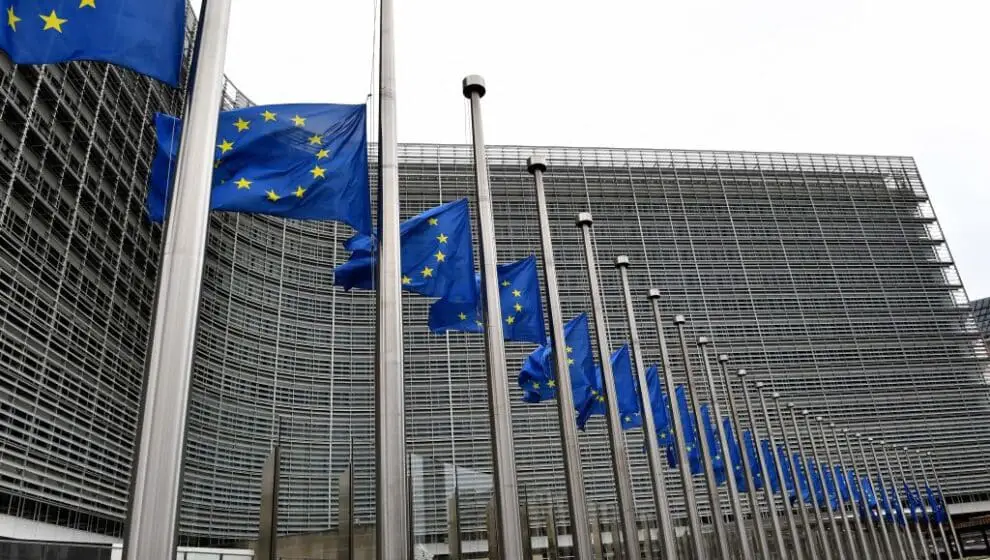European politicians have failed to pull together a solution for its energy crisis.
Key details
EU politicians have been scrambling to pull together strategies and plans for the coming months as its ongoing energy crisis looms over them. Officials meeting in Brussels today failed to come to any agreement on immediate solutions.
“European Union nations struggled to find full consensus Friday on ways to shield the population from dramatically increasing energy prices that threaten to plunge millions into cold and poverty over the winter as Russia chokes off natural gas supplies,” says The Washington Post.
“There are 27 states with completely different energy mixes, with completely different geographical positions. Unfortunately, it is very difficult to find the silver bullet, the solution that pleases everyone, quickly,” says Italian ecology minister Roberto Cingolani.
Officials are drafting proposals to debate—including whole energy caps, reducing power demand, and mandatory reduction during peak hours.
Why it’s important
Europe has reached a critical moment in determining the solvency of its energy grid for the coming months. If it doesn’t make progress soon, the continent can expect continued skyrocketing energy prices, inflation, and rolling blackouts that could cost lives in the winter.
As we previously reported, energy shortages leave many Europeans wondering how they will heat their homes this winter. With winter quickly approaching, European leaders are looking for ways to prevent disaster during the colder months.
All EU countries have agreed to reduce their gas consumption to combat the shortages, but there are widespread concerns over political unrest and rolling power shortages in the midst of the winter. Energy prices have soared over 1,000 euros per megawatt-hour in several nations.
“For now, the only thing that’s clear is that Europe will face a difficult winter. How bad it gets for households and companies will be down to the people in charge,” says Barron’s.
Backing up a bit
The indefinite closing of Russia’s Nord Stream pipeline has added additional pressure on Europe as they are unsure if they will be able to keep up with the demand for oil and natural gas for the foreseeable future.
The stress has worsened inflation, which UK projections are suggesting could reach over 22% in 2023.
Possible solutions
New energy solutions are being considered and developed in both the fossil fuel industry and green energy sectors to address short-term needs. Nuclear power plants scheduled for shut-down have had their lifespans extended for now and green advocates are pushing for investment in renewable energy to afford greater energy independence.
New British Prime Minister Liz Truss announced on Thursday at the country’s fracking ban has been lifted and could start opening available shale gas reserves by spring 2023.
“Under plans to make Britain energy independent again by 2040, the Prime Minister pledged to strengthen supplies with more domestic oil and gas extraction alongside the development of nuclear and renewable power schemes,” says The Telegraph.
These solutions will not help the current crisis in time to make a difference.
